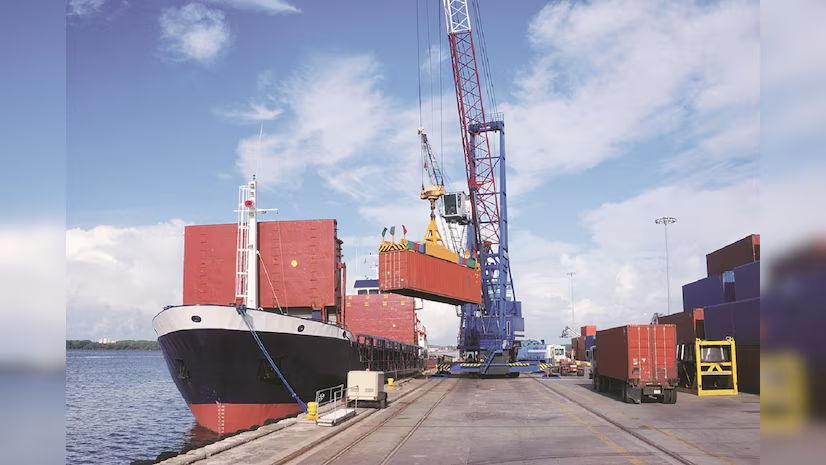
Additionally,
the total cargo traffic handled by these ports witnessed a 4.5% increase, reaching 819 million metric tonnes. This positive
trend can be attributed to several factors, including investments in improved
infrastructure, the implementation of digital processes, and a greater role for
private companies.
Upgraded
infrastructure led to a 7.5% increase in the average daily output per vessel, while digitalization efforts like the Sagar-Setu mobile
app and paperless clearances streamlined operations and boosted efficiency.
Moreover, private participation, particularly in container terminal operations,
seems to be a key driver of improvement, as evidenced by better efficiency
metrics in these terminals compared to those run by port authorities. This has
prompted the shipping ministry to consider expanding Public-Private
Partnerships (PPP) at major ports using the landlord model.
These
advancements mark a considerable improvement for India’s maritime sector, which was previously a weak link in the country’s
logistics chain. The improved turnaround time puts Indian major ports ahead of
many developed nations, including the United States, Australia, and Germany.
This progress is expected to continue as the government pushes for further
private sector involvement through PPP models. By leveraging private expertise
and resources, India can solidify its position as a competitive player in the
global maritime trade landscape.